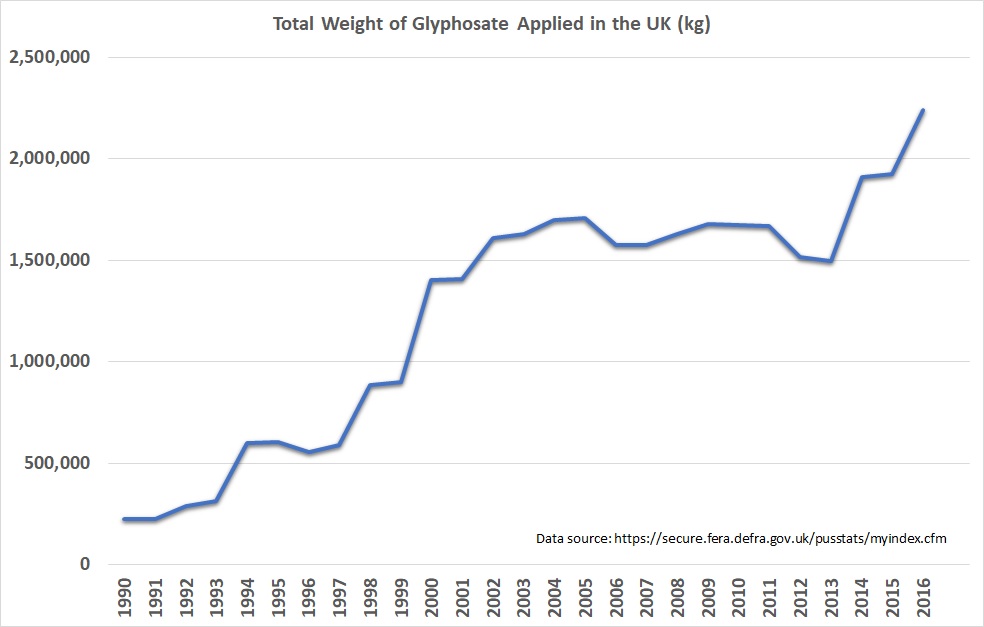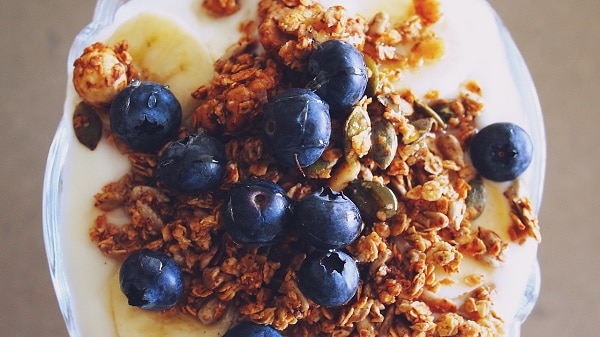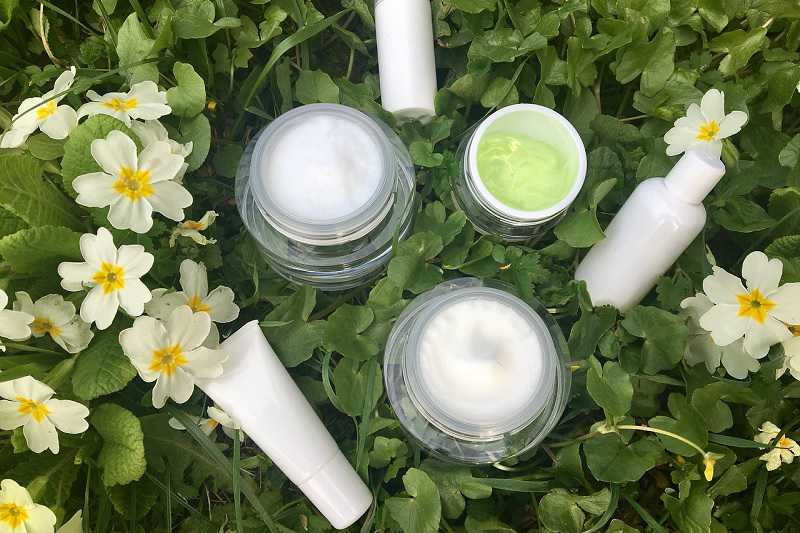Glyphosate is a herbicide used to kill weeds that compete with crops. It was brought to market by Monsanto in 1974 under the brand name Roundup.
Despite concerns about the safety of glyphosate, its usage has grown rapidly over the past thirty years.
One of the keys to making glyphosate so successful was the introduction on genetically modified “Roundup Ready” crops in 1996.
These crops were modified to make them resistant to glyphosate, so farmers could use Roundup throughout the growing process without it killing their crops.
Since Roundup Ready crops were introduced in 1996, global glyphosate use has risen almost 1,500% (source).
Today, glyphosate is the most commonly used herbicide worldwide, and the most heavily-used weed killer in history (source).
Table of Contents
Glyphosate Usage in the UK
Glyphosate is not only legal in the UK, but also very commonly used.
In 2017, the EU approved the usage of glyphosate for another five years, meaning it can be used in herbicides in the EU until at least 2022 (source).
You can also buy it in DIY shops such as Homebase for use in gardens.
Over 2.5 million hectares in the UK were treated with a total of roughly 2.2 million kilograms of glyphosate in 2016 according to Defra statistics.
The UK has about 9.34 million hectares of farmland, so this means that more than a quarter of the UK’s farmland is being treated with glyphosate.
The use of glyphosate on so many crops means that a lot of the food we consume will have small residues of glyphosate on it, including almost two thirds of wholemeal bread according to the Soil Association.
Some local councils in the UK are moving away from using glyphosate to control weeds on paths and kerbsides after a court case in the US ruled that one user of Roundup should be awarded $80 million in damages after he developed cancer after using the weed killer.

Dangers and of Glyphosate
The safety of glyphosate is disputed.
In 2015, the World Health Organization classified glyphosate as “probably carcinogenic to humans” (source). The state of California has also listed glyphosate as a known carcinogen.
This study published in 2019 concluded that exposure to glyphosate increased the risk of non-Hodgkin lymphoma by 41%.
The weed killer has been ruled to have contributed to cancer in several court cases.
However, Monsanto maintains that the weed killer is safe, and is fighting claims that it is a carcinogen.
Glyphosate-Containing Foods to Avoid

The easiest way to reduce your exposure to glyphosate is to choose organic produce.
Glyphosate has been found in a lot of foods, including:
- Oat cereals and oatmeal
- Granola bars
- Orange juice
- Crisps
- Crackers
- Almonds
- Carrots
- Quinoa
- Soy products
- Vegetable oil
The worst foods for glyphosate contamination appear to be oatmeal, oat-based breakfast cereals and granola bars, which is quite depressing if you’re used to thinking of oats as a healthy food.
The Environmental Working Group (EWG) published data in 2018 looking at 45 samples of conventionally grown oat-based products and 16 organic oat-based products. They found that:
- Glyphosate was found in 43 of the 45 samples of conventionally grown oat-based products. Almost three quarters of these samples had glyphosate levels above what is considered a safe level.
- Glyphosate was found in 5 of the 16 samples of organically grown oat products, but this was at levels within what is considered the safe range.
Therefore, oat products should still be safe and healthy to eat as long as they’re organic.
The EWG’s research looked at products on sale in the US, but research in the UK such as this 2018 analysis on breakfast cereals bought in Wales gives similar results.
Glyphosate-Free Bread Brands
Glyphosate has been found in some organic bread, including Waitrose Duchy Original Organic Farmhouse Batch.
One brand that should be glyphosate free is Biona. Their farmers don’t use any herbicides or pesticides on their crops.
If you make your own bread, Doves Farm flour should be glyphosate free.

Laurence is the founder and editor of Naturaler. He’s been working in the online world for over 5 years and is trying to live a more natural and eco-friendly lifestyle every day.




I think glyphosate can be considered a true poison because it isn’t broken down by bacteria so builds up and up in the soil!
I went to agricultural college in the 9s and was told he great it was cod it disappeared without trace! I suspect a lot of people still believe that since it was taught then. I don’t know when this lie was stopped.
Obviously the proper studies never been done…for a reason.We’ve been poisoned on a daily base ..if it’s affecting the gut…this is very serious(Glyphosate )
Just a point of clarification, I believe it is only Doves Farm organic flour that is glyphosate free, not their other non organic flours.
Great article. I am an organic product supporter. Long may the soul association continue to ensure our food quality. Rather depressing to read any amount of glyphosate can not only be found in organic foods but are considered safe.
The European Union just needs to finally ban the use of glyphosate completely. Countries are moving towards this individually.. Austria, Benelux. As always the UK will follow last as it appears now.. There is also an application to prolong the use of this horrible chemical (all corporates of course) for another 5 years. You would think that the EU was better at protecting their citizens in this than the US is, but its not the case.
Glyphosate use on our food crops has been correlated with an increased incidence of celiac disease and inflammatory bowel disease. Check out this article on the US Food and Drug Administration website:
https://www.ncbi.nlm.nih.gov/pmc/articles/PMC3945755/?fbclid=IwAR3xA_PpiGgCaHGZcYkEI2QL3Fknwm8EHLdJFquybtRrmSSQ0N0VRYmxBDQ